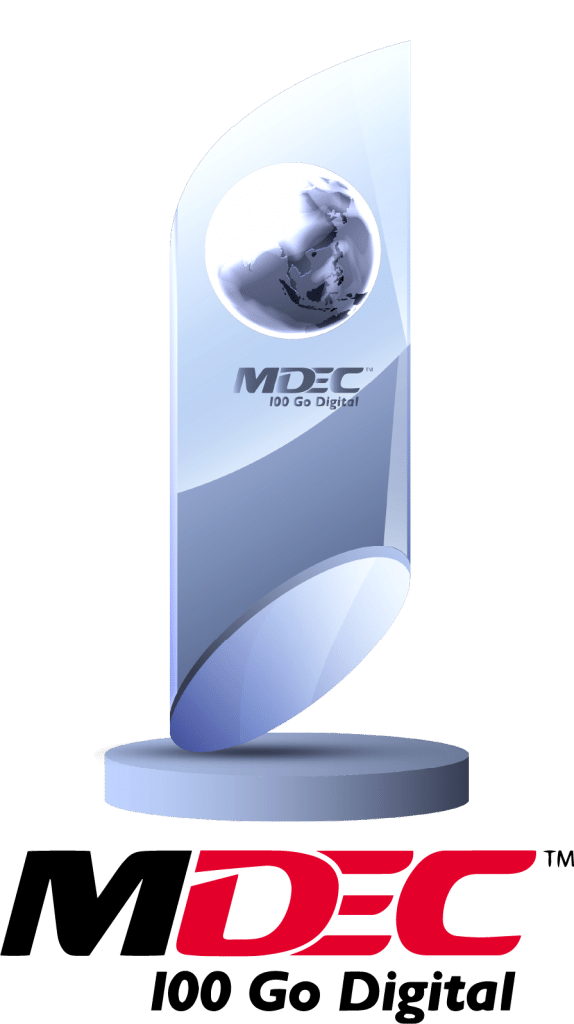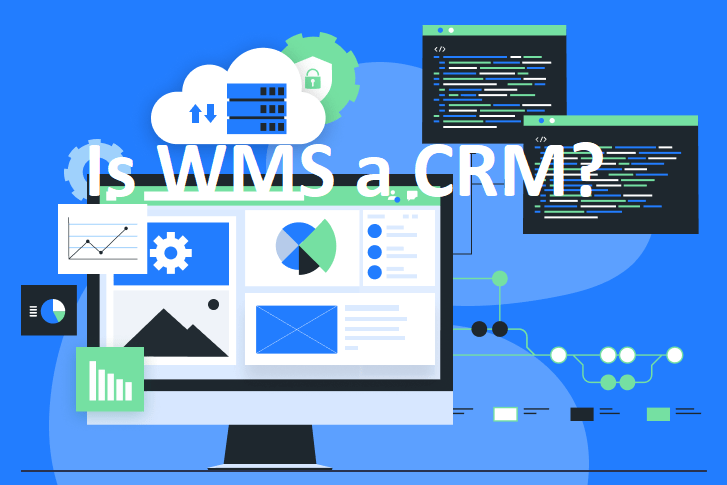No, WMS (Warehouse Management System) is not a CRM (Customer Relationship Management) system.
WMS is a software application designed to manage and optimize the operations of a warehouse or distribution center, including inventory management, order fulfillment, and shipping. WMS typically includes features such as receiving, putaway, picking, packing, and shipping.
On the other hand, CRM is a software application designed to manage a company’s interactions with customers and potential customers, including sales, marketing, and customer service. CRM typically includes features such as contact management, lead management, sales forecasting, and customer analytics.
While both WMS and CRM software solutions are used to improve business operations and increase efficiency, they serve different purposes and are used in different areas of a company.
A Warehouse Management System (WMS) is a software application designed to manage and optimize the operations of a warehouse or distribution center. A WMS can track inventory levels, manage warehouse resources, and streamline the movement of goods in and out of the warehouse. Some of the core features of a WMS include:
Inventory Management: A WMS can help warehouse managers keep track of inventory levels, including stock levels, item locations, and reorder points.
Order Fulfillment: A WMS can optimize the order fulfillment process by automating order picking, packing, and shipping processes, which reduces errors and increases efficiency.
Resource Management: A WMS can help warehouse managers track and manage warehouse resources, such as labor, equipment, and space.Reporting and Analytics: A WMS can generate reports and analytics to help warehouse managers make data-driven decisions and identify areas for improvement.
On the other hand, a Customer Relationship Management (CRM) system is a software application designed to manage a company’s interactions with customers and potential customers. A CRM system can help companies manage their sales, marketing, and customer service activities. Some of the core features of a CRM system include:
Contact Management: A CRM system can help businesses manage their customer data, including contact information, purchase history, and communication preferences.
Lead Management: A CRM system can track potential customers and their interactions with the company, helping businesses to identify and prioritize their most promising leads.
Sales Forecasting: A CRM system can analyze sales data to help businesses forecast future sales and plan for growth.
Customer Analytics: A CRM system can analyze customer data to help businesses understand their customers’ behavior and preferences, which can inform marketing and sales strategies.

